Part Analysis
| General Data | |
| Manufacturer (OEM) | CWT |
| Platform | CSZ |
| PCB Type | Double-Sided |
| Primary Side | |
| Transient Filter | 4x Y caps, 2x X caps, 2x CM chokes, 1x MOV |
| Inrush Protection | 1x NTC Thermistor SCK-075 (7 Ohm) & Relay |
| Bridge Rectifier(s) |
2x GBJ1506 (600V, 15A @ 100°C)
|
| APFC MOSFETs |
2x Infineon IPA60R125P6 (600V, 19A @ 100°C, Rds(on): 0.125Ohm) &
1x Champion CM03X (for reducing the no-load consumption) |
| APFC Boost Diode |
1x Infineon IDH08G65C6 (650V, 8A @ 145°C)
|
| Bulk Cap(s) | |
| Main Switchers |
2x Infineon IPA60R190P6 (600V, 12.7A @ 100°C, Rds(on): 0.19Ohm)
|
| APFC Controller |
Champion CM6500UNX
|
| Resonant Controller | Champion CU6901VAC |
| Topology |
Primary side: APFC, Half-Bridge & LLC converter
Secondary side: Synchronous Rectification & DC-DC converters |
| Secondary Side | |
| +12V MOSFETs | 8x Infineon BSC014N04LS (40V, 125A @ 100°C, Rds(on): 1.4mOhm) |
| 5V & 3.3V | DC-DC Converters: 2x UBIQ QN3107M6N (30V, 70A @ 100°C, Rds(on): 2.6mOhm) & 2x UBIQ QM3054M6 (30V, 61A @ 100°C, Rds(on): 4.8mOhm) PWM Controller(s): uPI-Semi uP3861P |
| Filtering Capacitors | Electrolytic: 2x Nippon Chemi-Con (105°C, W), 1x Nichicon (2-5,000h @ 105°C, HD), 1x Nichicon (5-6,000h @ 105°C, HV), 1x Nippon Chemi-Con (2-5,000h @ 105°C, KZE), 1x Rubycon (4-10,000h @ 105°C, YXJ), 2x Nippon Chemi-Con (4-10,000h @ 105°C, KYA), 1x Rubycon (4-10,000h @ 105°C, YXF) Polymer: 27x FPCAP |
| Supervisor IC | Weltrend WT7502R (OVP, UVP, SCP, PG) |
| Fan Controller | Microchip PIC16F1503 |
| Fan Model | Hong Hua HA13525H12SF-Z (135mm, 12V, 0.5A, Fluid Dynamic Bearing Fan) |
| 5VSB Circuit | |
| Rectifier |
1x D10S45L SBR (45V, 10A)
|
| Standby PWM Controller | On-Bright OB2365T |
This is the omnipresent CSZ platform CWT provides, used in many high-capacity ATX v3.0 PSUs. The design uses analog controllers for all circuits. A half-bridge topology and an LLC resonant converter are on the primary side. The secondary side utilizes a synchronous rectification scheme with ten Infineon FETs generating the 12V rail and two VRMs for the minor rails.
The cooling fan is by Hong Hua and uses a fluid dynamic bearing for lower noise output and increased reliability. Lastly, the build quality is high; the same goes for the soldering quality. At the solder side of the PCB, CWT also enhanced some PCB traces with copper plates, for better conductivity and lower power losses, at high loads.
I won’t stand anymore in this section since I have already described CWT’s CSZ platform in many of my reviews.
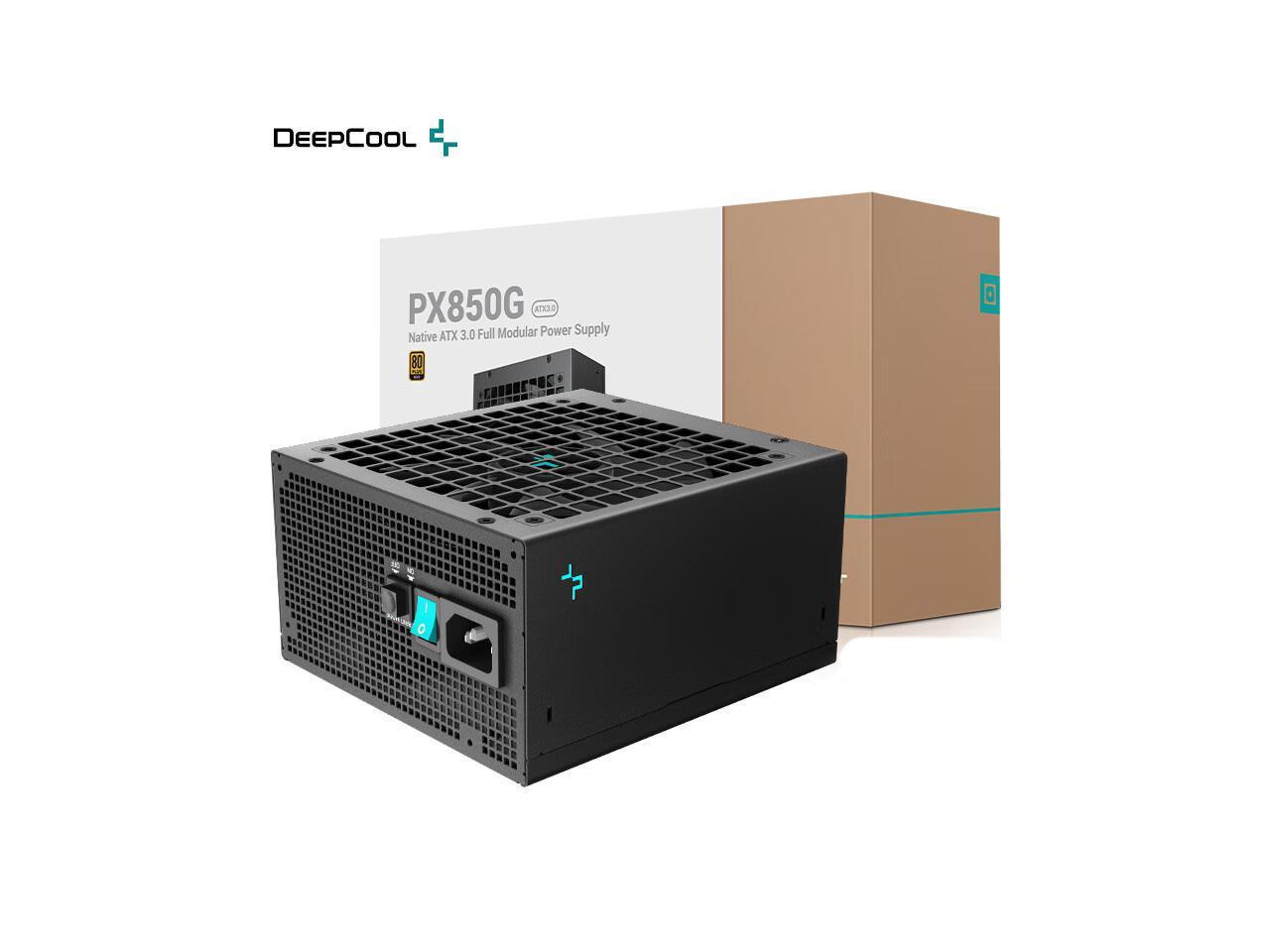
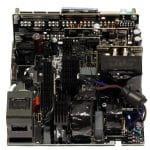
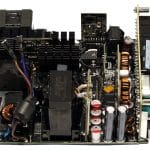
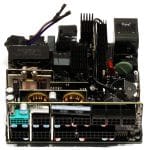
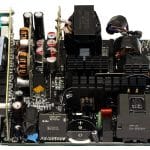
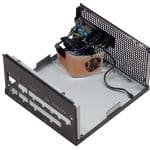
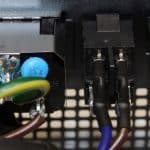
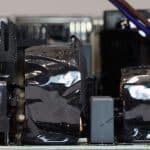
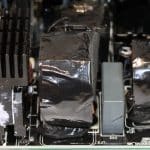
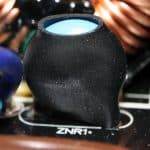
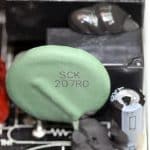
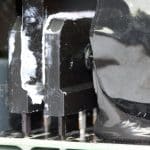
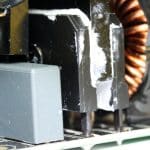
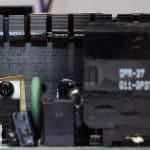
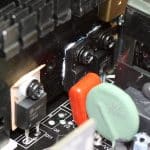
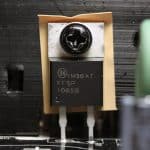
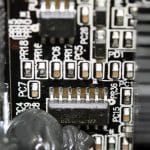
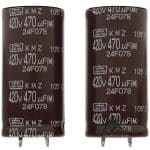
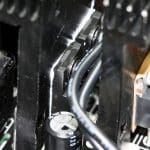
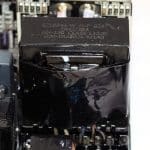
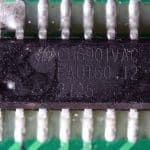
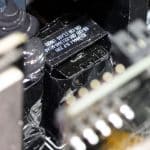
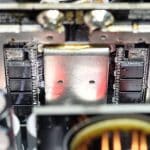
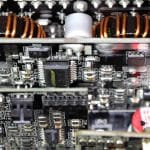
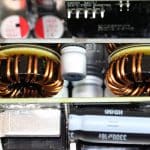
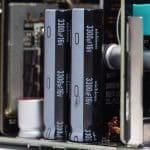
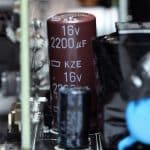
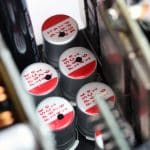
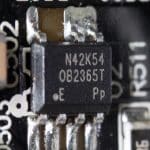
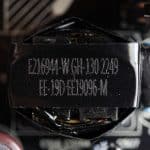
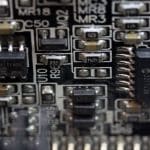
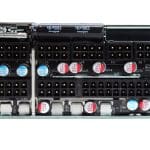
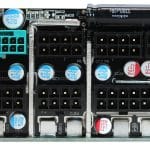
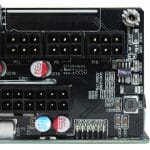
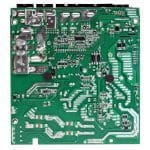
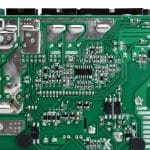
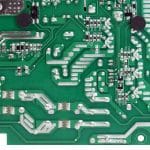
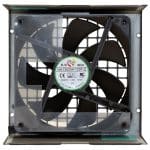
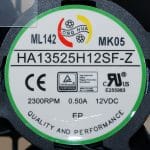
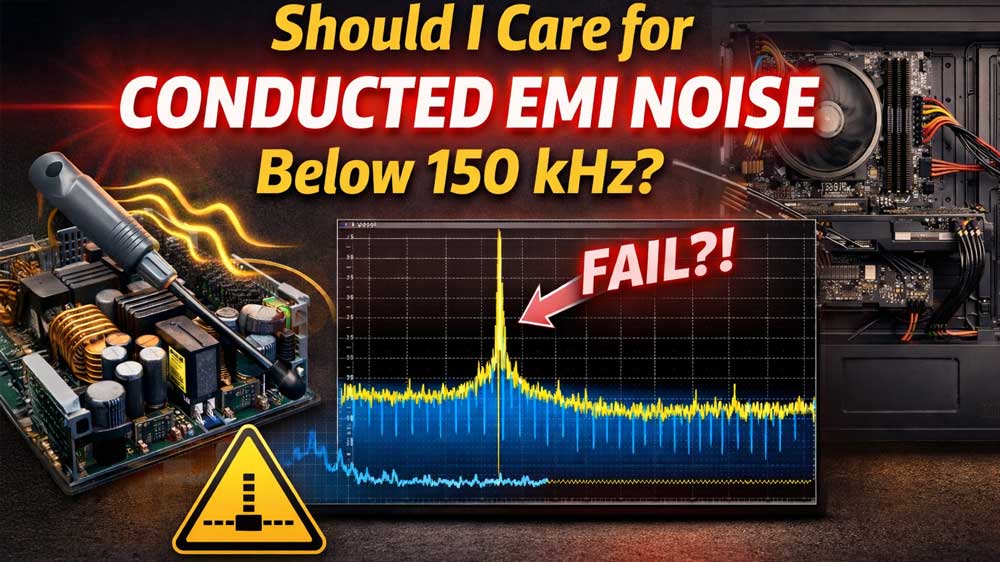
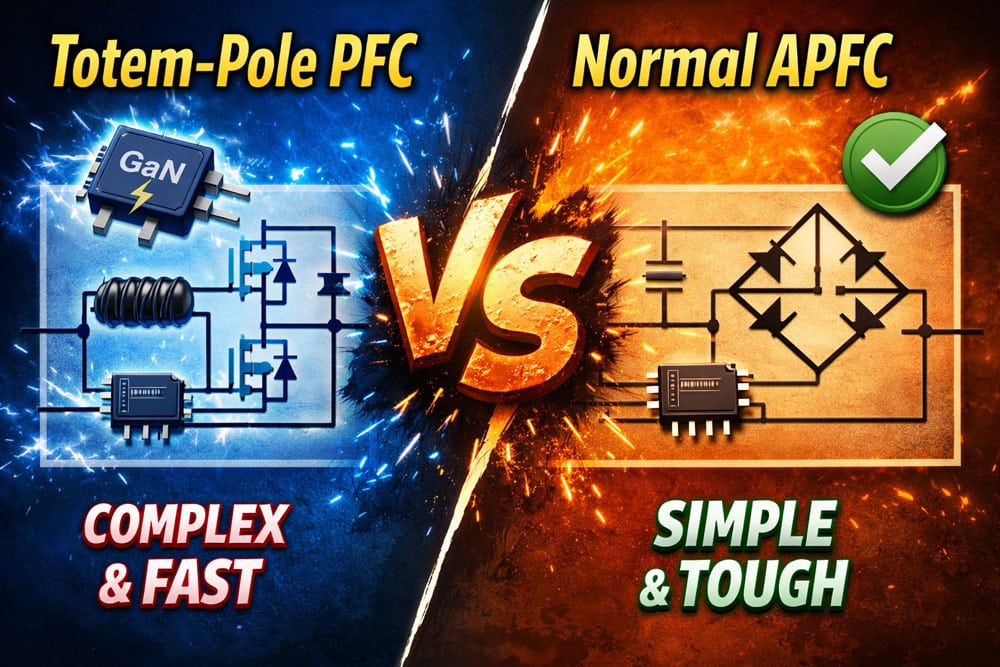
Hello, i’m trying to choose between Deepcool PX850G, MSI MPG A850G and Asus rog strix 850w gold aura. Leaning towards Asus, but it is ~70$ more expensive than MSI and Deepcool. Which one is the best and which one is the worst? Which should i choose between MSI and Deepcool?
Deepcool has problems recently, don’t know if their PSUs will supported under DeepCool’s name, so better go for the MSI unit.
it turns out there is no point in buying Deepcool PX850G white? I am choosing a power supply for a white assembly and wanted this model in white
Did you notice any coil whine with this PSU? I bought a Corsair Rm850x and it has a slight steam whistle type noise even while idle.
coil whine is super weird, it depends on your hardware configuration
Oops I meant the Rm850e.
Is coil whine generally common amongst most PSUs? I noticed that the capacitors on the Rm850e are non-japanese, could that be a contributing factor?
Thank you
in general for me, since I have lots of test systems, coil whine has to do mostly with the graphics card in use and the current use (e.g. game menu or desktop)
typically coil whine has to do with the other system parts, too, not only the PSU.